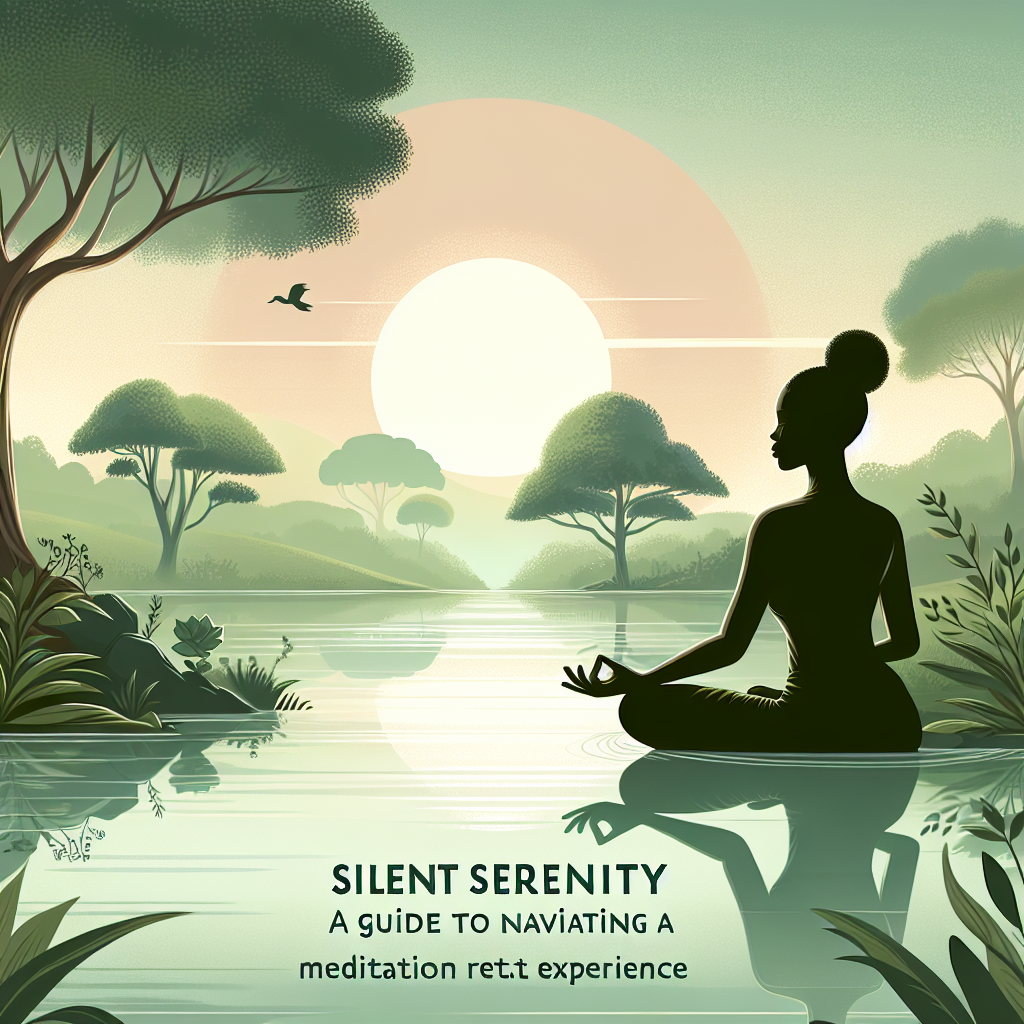Are you one of the millions of people who struggle to get a good night’s sleep? Do you find yourself tossing and turning for hours on end, unable to quiet your mind and drift off to dreamland? If so, you’re not alone. Sleep disorders are among the most common health problems, affecting an estimated 50 to 70 million Americans.
But what if there were a simple, natural way to improve your sleep that didn’t involve medication or expensive treatments? What if you could harness the power of your mind to help you get the restful, rejuvenating sleep you need to feel your best each day? The good news is that you can, thanks to the ancient practice of meditation.
Meditation has been used for centuries as a tool to calm the mind, reduce stress, and promote overall well-being. And now, research is showing that it can also be an effective way to improve sleep quality and duration. By incorporating meditation techniques into your bedtime routine, you can quiet your mind, relax your body, and set the stage for a peaceful night’s rest.
In this article, we’ll explore how meditation can help you sleep better, and we’ll provide you with some simple techniques to help you get started. So if you’re ready to zen your way to better ZZZs, read on.
How Meditation Can Help You Sleep Better
Meditation works by calming the nervous system and quieting the mind, which can help you relax and unwind before bedtime. When you’re stressed or anxious, your body produces cortisol, a hormone that can interfere with sleep. By practicing meditation, you can reduce cortisol levels and promote the release of feel-good hormones like serotonin and melatonin, which are essential for a good night’s sleep.
Meditation can also help you let go of racing thoughts and worries that may be keeping you awake at night. By focusing on your breath or a soothing mantra, you can train your mind to be present in the moment and let go of the stress and anxiety that can interfere with sleep.
Additionally, meditation can improve your overall sleep quality by promoting relaxation and reducing muscle tension. When your body is relaxed and your mind is at ease, you’re more likely to fall asleep quickly and stay asleep throughout the night.
Simple Meditation Techniques for Better Sleep
If you’re new to meditation, don’t worry – it’s easier than you think. Here are some simple techniques to help you get started:
1. Mindful Breathing: Find a comfortable position in bed, close your eyes, and focus on your breath. Inhale deeply through your nose, feeling your chest and abdomen rise. Exhale slowly through your mouth, feeling your body relax with each breath. Repeat this process for several minutes, concentrating on the sensation of breathing in and out.
2. Body Scan: Lie in a comfortable position and bring your attention to the different parts of your body, starting at your toes and working your way up to your head. Notice any areas of tension or discomfort, and consciously release them as you move through each body part. This technique can help you relax your muscles and prepare your body for sleep.
3. Guided Imagery: Listen to a guided meditation or visualization that takes you on a calming journey to a peaceful place in nature. Imagine yourself surrounded by beautiful scenery, soothing sounds, and a sense of tranquility. This can help distract your mind from negative thoughts and worries, allowing you to drift off to sleep more easily.
FAQs
Q: How long should I meditate before bed?
A: It’s best to start with just 5-10 minutes of meditation before bed and gradually increase the duration as you become more comfortable with the practice. Aim to meditate at least 30 minutes before bedtime to allow your mind and body to relax fully.
Q: Can meditation help with insomnia?
A: Yes, research has shown that meditation can be an effective tool for improving sleep quality and reducing symptoms of insomnia. By calming the mind and promoting relaxation, meditation can help you fall asleep more easily and stay asleep throughout the night.
Q: What if I fall asleep during meditation?
A: It’s okay if you fall asleep during meditation – it’s actually a sign that your body and mind needed the rest. If you find yourself nodding off, try meditating at a different time of day when you’re more awake and alert.
Q: Are there any specific meditation apps or resources for better sleep?
A: Yes, there are many meditation apps and websites that offer guided meditations specifically designed to help you sleep better. Some popular options include Headspace, Calm, and Insight Timer. You can also find sleep-inducing meditation tracks on music streaming platforms like Spotify and YouTube.
In conclusion, incorporating meditation techniques into your bedtime routine can be a powerful way to improve your sleep quality and overall well-being. By calming the mind, relaxing the body, and promoting a sense of peace and tranquility, you can set the stage for a restful night’s sleep. So take a few moments each night to practice mindfulness and meditation, and watch as your sleep improves and your energy levels soar. Sweet dreams!




Leave A Comment